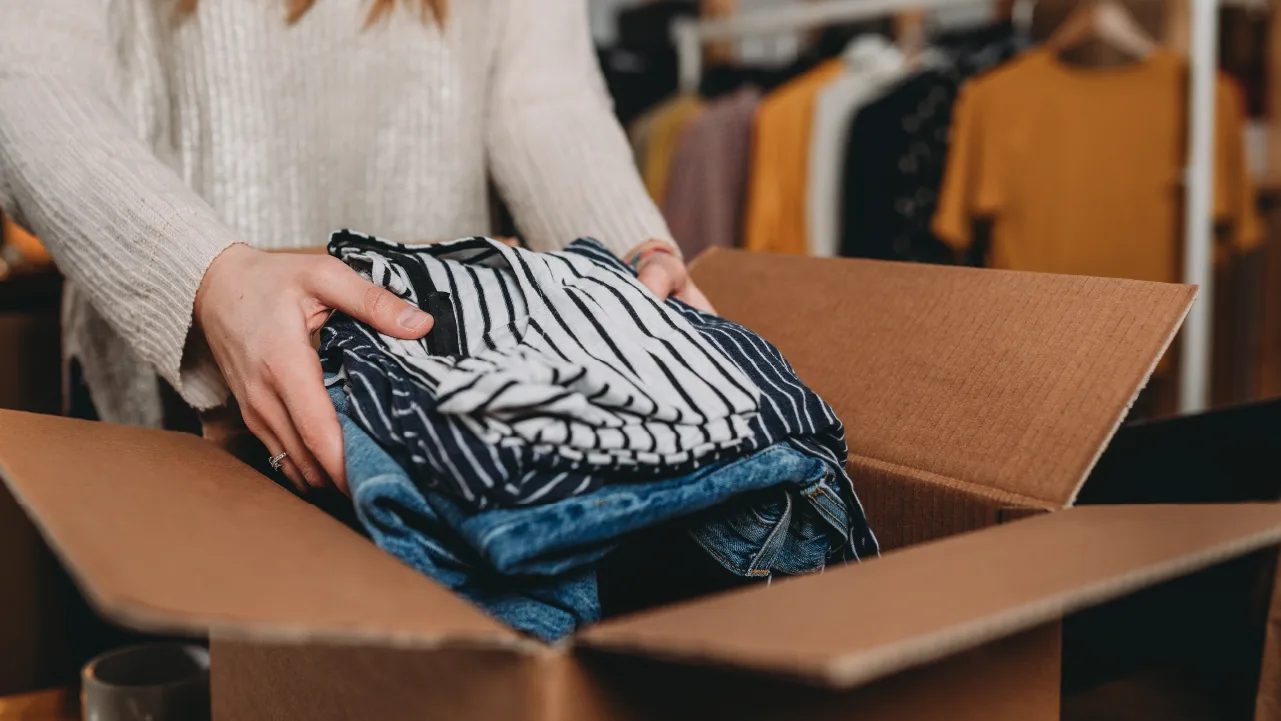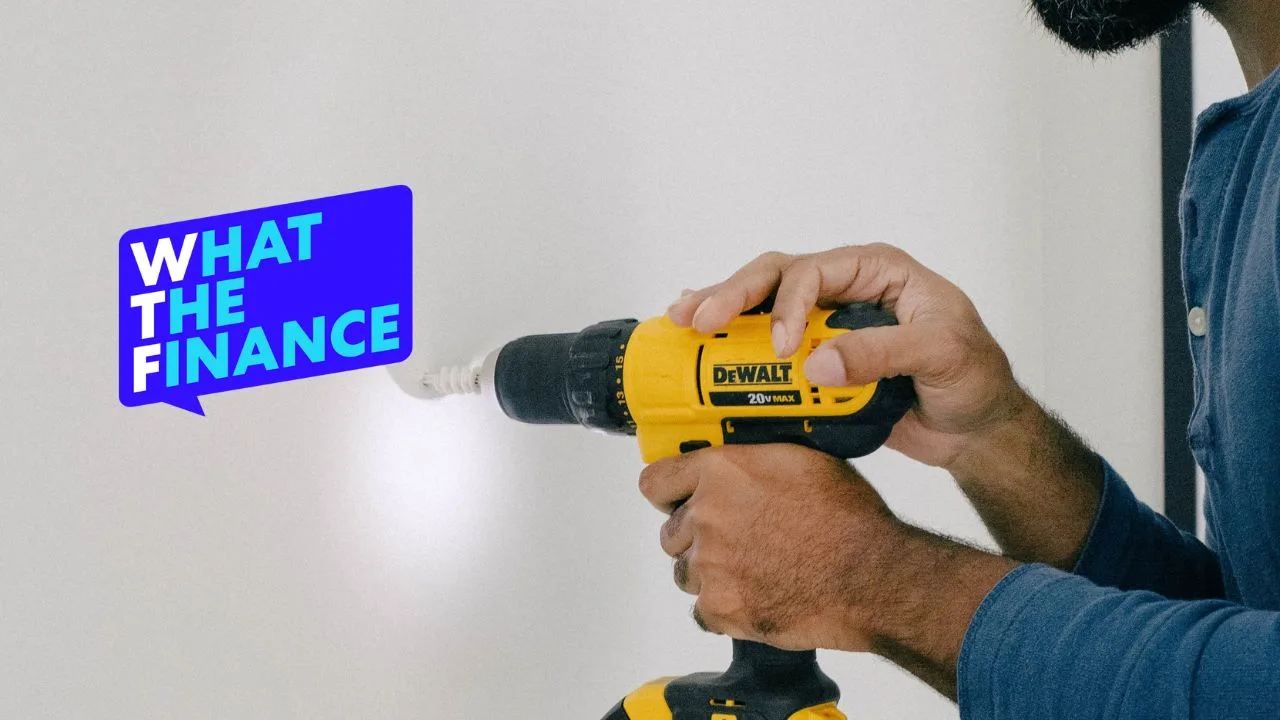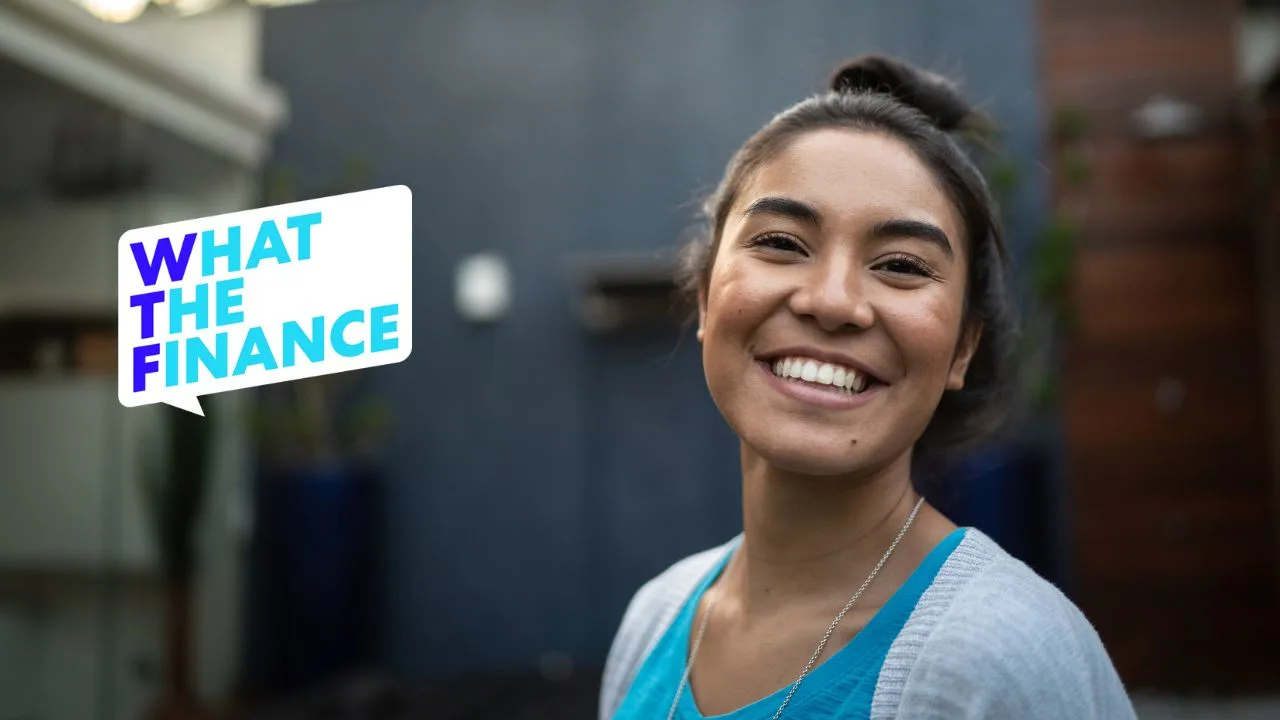
Everyday Finances
4 small habits you can change to win financially in 2025
Dec 19, 2024
Written by
Get a free debt evaluation
Let's say you plan to hike the entire 2,197 miles of the Appalachian Trail. You spend more than a year preparing for the hike, and never once do you consider walking the entire trail in one day. Instead, you plan to cover 10 miles each day. You know it will take you at least seven months to achieve your goal. It might take a little longer, or you might reach the end a little bit ahead of schedule. All okay. It's all about coming up with a plan you can stick with.
The same is true when you set the goal to improve your finances. If one of your 2025 financial goals is to take control of your money, you don't have to do anything big and flashy. A basic budget could help you win, one step at a time.
Small habits with a big financial impact
Hundreds of small habits have the potential to positively impact your financial situation one small step at a time.
(Pro tip: Use a free budgeting app to make it easier to track your spending.)
Here are four ideas to start with:

Cooking at home? Jazz it up!
It's easy to get into a rut in the kitchen, cycling through the same menu week after week. Why not spice things up by trying a new dish at least once weekly? You could even try recreating your favorite restaurant meals at home.
Here's the cool part: There are tons of free recipe videos on YouTube, which makes it difficult to run out of new ideas. And with an expert walking you through step-by-step, you're sure to get things right the first time. What's more, by trying out recipes at home, you could save big bucks compared to eating out more frequently.

Give yourself a cooling-off period on purchases
January can typically be the easiest month to reduce spending, since we’re all trying to recover from our holiday spending hangover from December. However, why not try to commit to a “no spend month” challenge every 3 months? Think of it as a way to prioritize conscious spending habits when you are in a spending month.
Imagine that you're standing in line at your favorite home goods store and spot a nice candle. There's nothing else to do, so you pick it up and give it a whiff. It's fabulous. You're tempted to carry it to the cash register but decide to leave it on the shelf. If you still want the candle in 24 hours, you know you can come back and get it.
Once home, you realize that you have several other candles that you seldom light and decide not to go back for the new one.
In your own space, it's easy to remember all the possessions you've spent hard-earned money on but rarely use. Giving yourself a solid 24-hour decision-brewing period is one of the easiest ways to save money on impulse buys.

Sell or donate your stuff
Speaking of unused items around the house, why hang on to them at all? Hop online and sell your stuff for quick cash. Try Facebook Marketplace or OfferUp or your own preferred platform to trade those dust collectors for money you could use on something more important to you.
Granted, you might feel a little disappointed at the price people are willing to pay for the things you spent a lot more on. But having money to help you get ahead could end up feeling a lot more satisfying than having clutter that doesn’t add to your quality of life.
If an item doesn’t sell quickly, consider donating it. If you itemize your tax deductions, your donation could have a financial benefit. Even if you don’t itemize, purging your home of unwanted, unused things could help you curb your spending in the future. You won’t want to put your hard-earned money into items that you might eventually let go for a lot less.

Ditch the (pricey) fancy labels
If you've never tried generic products, you may be surprised by how good they can be. In fact, many generics are name brands with different packaging.
Buying generic crackers, soups, and other grocery items could save you anywhere from 25% to 30% over their name-brand counterparts. Generic cleaning supplies could leave an extra 30% to 60% in your bank account, and generic medications cost, on average, a whopping 79% less than name-brand medications.
If you never find a generic brand of cracker or soup that blows your hair back, that's okay. Switching a fraction of your shopping list over to generic can still be a money saver.

Design a personal GPS to map your money
It's tough to get anywhere these days without a GPS to guide us. In this case, you're designing the GPS of your life. Here's how it's done:
Set financial goals: Start by imagining the big picture. What do you want for yourself in 2025? Do you want to save money so your monthly budget feels manageable, or are you hoping to build an emergency savings account? Whatever your goal, write it down. It's good to have it in black and white.
Decide what it will take to get there: Learn where your money goes. Figure out where you could make cuts. Could you sacrifice a subscription or turn down the thermostat? The goal is to free up money for the things that are more important to you.
Set boundaries: You make the financial decisions. Once you've decided what it will take to reach your destination, it's entirely up to you to follow the route you’ve created. If you take a detour, don't beat yourself up about it. Just get back on the road to your better financial future.
Celebrate financial accomplishments: Any time you make a positive change in life, celebrate. For instance, if you stick with your plan for an entire month, plan a game night with friends or take a day trip to a place you've never visited. Do something (affordable) to remind yourself of how great you're doing.
Often, it's the small daily decisions we make that have the greatest impact. After several months of making small tweaks to your budget, you may be surprised to notice your finances moving in the right direction.
Author Information
Written by
Dana is an Achieve writer. She has been covering breaking financial news for nearly 30 years and is most interested in how financial news impacts everyday people. Dana is a personal loan, insurance, and brokerage expert for The Motley Fool.
Related Articles
Meta description: A home equity loan could turn your home’s value into money you can spend to improve your life. Find out how.
If you’re looking to borrow money, it helps to know the difference between unsecured debt and secured debt, Learn more here.
Expecting a check from the IRS and wondering what to do with it? Check out this inspo for smart ways to use your tax refund.


